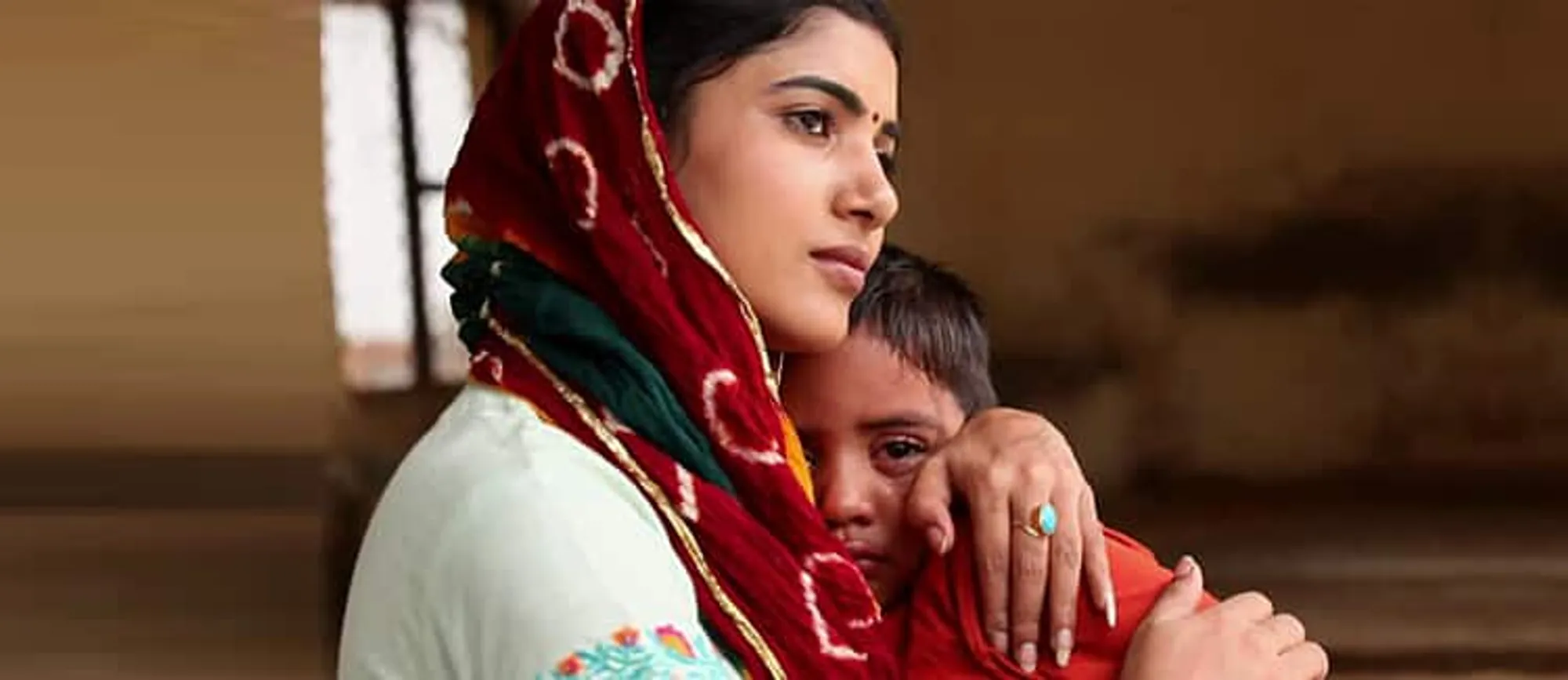Property rights of the second wife and her children can be studied and evaluated as rights of the second wife and her children born out of the second wedlock, in the property of their father.
Polygamy was recognised and acceptable among Hindus in ancient times. In modern India, we have a law in place, Hindu Marriage Act, 1955, which prohibits bigamy/polygamy. Wife is entitled to various rights if the marriage is valid under the Act.
Also Read: Legal Rights of a Wife
Valid marriage:
A marriage is valid under Hindu Marriage Act if it satisfies the conditions given under section 5 of Hindu Marriage Act, 1955. One such condition is that at the time of marriage neither party has a spouse living or an existing valid marriage. If at the time of second marriage, any party has a spouse living or the earlier marriage has not been set aside by way of a decree of divorce/annulment, then such a second marriage is illegal.
Table of Contents
Status of second marriage and rights of the second wife:
- When the person governed by the provisions of Hindu Marriage Act, has married the second time and the second marriage is null and void, the second wife in such a situation has no right to inherit any property of her husband
- If the second marriage is a valid marriage as per the provisions of the Act, then such a second wife has same rights in the property of her husband as that of the first wife.
The right of children of the second wife:
- In case, the second marriage is a valid marriage, children born out of this wedlock share equally with the children of the first wife.
- Even if the second marriage is void or voidable under the Hindu Marriage Act, the children of the second marriage are considered as legitimate children, and they have a right to inherit from the property of their father.
- However, under section 16 of the Hindu Marriage Act, such children have a right to inherit the property of their parents alone.
- They can inherit the property of their father, whether self-acquired or ancestral but not the ancestral joint family properties. It implies that they cannot inherit ancestral property other than the share of their father in the ancestral property.
- The law says that the children of the second wife have equal rights as the children of the first wife on their father’s (self-acquired and ancestral) property.
Read: Financial settlement during the divorce
The right of the second wife to maintenance:
If the second marriage was performed without disclosing the fact of existing first marriage, the second marriage is not valid. However, the second wife gets the status of a legally wedded wife only for claiming maintenance. Children of such second marriage also have a right to maintenance.
This right has been recognised by courts while interpreting the law to advance the objective of the Act and to suppress the mischief of the second marriage (bigamy) as intended by the legislature.
The right of second wife’s children from her previous marriage:
Even if the second marriage is valid under the Hindu Marriage Act, the children of the second wife from her last marriage have no right to inherit the property of deceased (their father from second marriage). The stepson is not included in the term “son” used in the class of heirs in Hindu Succession Act. It can be a natural son or an adopted son.
Property rights of second wife are subject to the status of second marriage. If the second marriage is valid as per law, she enjoys equal rights in the property of her husband as the first wife has otherwise no right to inherit.

